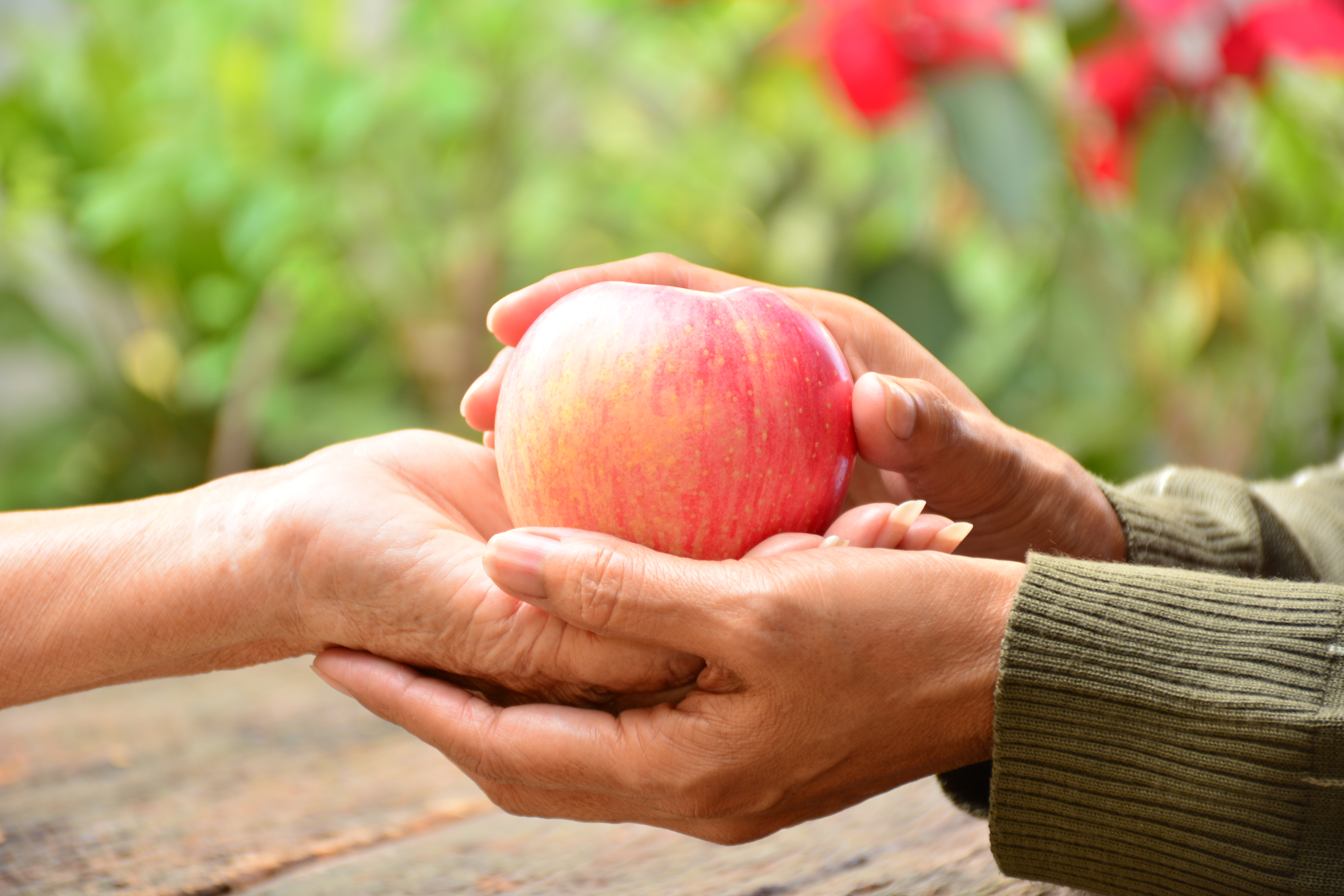Our latest research discloses something truly amazing: Small gestures of kindness can be magically helpful to others.
The research project started two years ago when I saw a bus driver in Shenzhen, China missed his free lunch box due to a traffic jam. “Gee, I missed it again,” he said softly, his disappointed look still fresh in my memories. Hunger plus a negative mood could easily compromise his work performance in the afternoon, I thought.
Bus drivers have been classified as safety critical urban workers as their work performance is critical to traffic safety. Negative emotions or experience a bus drive had could lead to serious traffic accidents, endangering public safety.
When I brought up the concerns to my host at Shenzhen University, she told me that Shenzhen bus drivers did not feel good about their work. Local residents did not seem to feel good about their work, either. For years, they ranked bus service as the poorest among the 14 public services surveyed in local residents. My host who had surveyed Shenzhen bus drivers for years believed that a range of factors contributed to the result, including low pay, heavy workload, and irregular shift schedules. In the past decade, few of them have a significant pay rise, and increasingly could not afford the high housing price in town.
Can we do something to help their work performance? This became the consensus of our talk.
We agree that an ultimate solution to improve Shenzhen bus drivers’ performance could be a big pay rise or some dramatic changes to the nature of bus driving profession, requiring tremendous resources. Local bus companies could hardly afford such fundamental changes, at least, for the moment. But it did not mean that nothing could be done before such a solution is available.
Naturally, we thought about offering them better working lunch as a small affordable way to help improve working performance. My colleagues and I Zhong conducted an experiment with 86 Shenzen bus drivers. During the experiment, on-duty bus drivers were given a serving of fresh fruit – either an apple or a banana – for three weeks, in addition to their typical box lunch that had no fruit. The cost of the fruit was 73 cents per meal.
Our findings were reported in the International Journal of Occupational Safety and Ergonomics. The bus drivers reported significantly decreased depression levels one week after the experiments ended compared to one week before it began.
We also found that self-efficacy —perceived confidence and ability to implement the necessary actions and tasks so as to achieve specific goals—was significantly higher in the middle of the experiment week than in the week after the experiment ended. Self-efficacy is closely related to work performance and higher self-efficacy leads to improved work performance.
While eating an extra apple at lunchtime may seem trivial, its impact can be large as shown in our research.
Without the research, if we go to tell a bus company manager that eating an apple could improve bus drivers’ working performance and well-being, I can imagine that he or she could simply laugh it off. Now we know, through our research, the results are not laughable – eating an extra apple or banana may reduce depression, improve self-efficacy and traffic safety.
Our research clearly shows that bus drivers could be motivated to work harder as a response to small attention paid to them, who can be sensitive to any improvement at the workplace. Another message out of this research is that being kind to others could have a magic effect. Before an ultimate solution is possible, small gestures of kindness make a huge difference – one apple at a time.
Follow us here and subscribe here for all the latest news on how you can keep Thriving.
Stay up to date or catch-up on all our podcasts with Arianna Huffington here.


